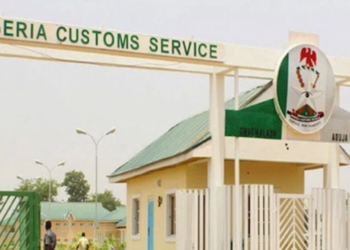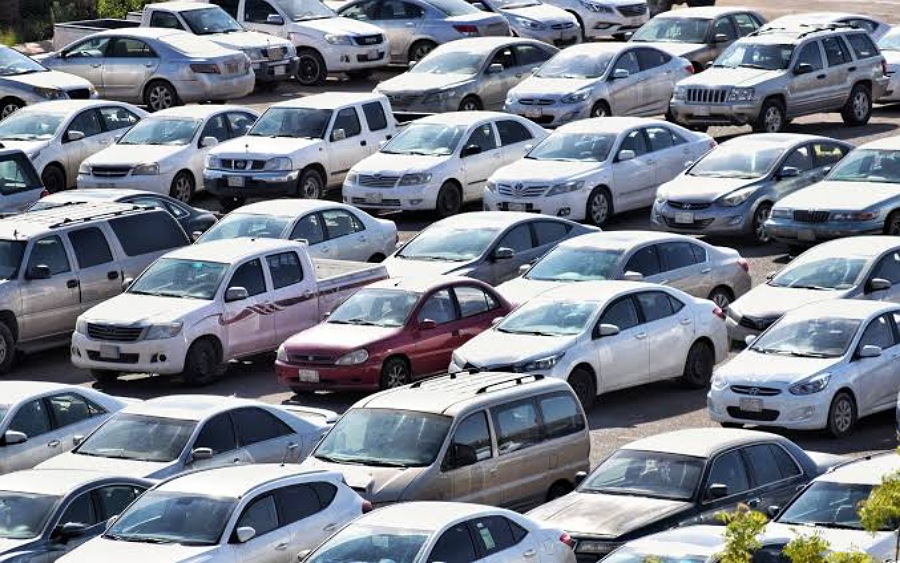Amidst gross inefficiencies and the dilapidated state of port infrastructure in Nigeria, the
Nigeria Customs Service (NCS) has managed to sustain an increase in duties collection in H1 2019.
According to reports in the local media, the Nigerian customs recorded import duties revenue of N418.3bn in H1 2019, representing an increase of 18% y/y when compared to H1 2018 (N354.5bn). We also recall that the NCS announced a record revenue collection of N1.2tn (Import, Export and Excise duties) ahead of the target set by the Federal government in 2018.
The rise in customs revenue comes as the federal government continues to put in efforts to
diversify the government’s revenue base from the volatile oil revenue. We believe the improvement in trade activities as shown by Q1 2019 foreign trade statistics wherein total
trade grew by 7.5% further underscores the revenue growth recorded by the customs authorities.
[READ MORE: Oil Prices may rebound as China and U.S. agree to restart trade talks]
Additionally, the implementation of Nigerian Integrated Customs Information
System II (NCIS II)- aimed at trade facilitation and tariff processing should have supported
the growth in customs revenue. Indeed, the customs authorities have since claimed this new technology has helped in improving efficiency in the tariff collection process and blocking leakages.

However, market participants such as the freight forwarders and customs brokers have
lamented multiple checks and increasing tariffs on imports into the country. We recall that
the customs authorities, as part of its efforts in driving revenue growth recently reviewed
the official exchange rate for duties payment from N306/US$ to N326/US$.
While this is expected to have a positive impact on customs revenue, we believe consumers will bear the brunt as importers shift the burden to consumers in the form of higher prices.
Despite the improved efficiency claimed by the port officials, traders have continued to
lament how multiple checks prolong clearing of goods. The traders after making payment
for duties have to wait for an extended number of days before the customs officials confirm
such payments.
Additionally, congestion at the country’s major port in Apapa coupled with
dilapidated road infrastructure have increased the time it takes to move goods in and out of
the port after days in the clearing system.
[READ MORE: Why telcos should double $70 billion investments – NCC]
Although foreign trade data has shown consistent improvement in trade volume in recent
years, tariff hikes and port infrastructure inefficiencies have seen Nigeria lose business to
neighbouring countries.
In our opinion, it is imperative for the federal government to put in place the required infrastructure such as good road networks complemented with a rejuvenation of other ports in the country, in a bid to reduce congestion at the Apapa port. We believe this would drive faster growth in trade volumes and consequently improve revenue. This should have a better economic impact on the country as opposed to the current practice of multiple taxations and tariff hikes.
[READ MORE: CBN renews effort to support and improve Nigeria’s non-oil sectors]
CSL STOCKBROKERS LIMITED CSL Stockbrokers,
Member of the Nigerian Stock Exchange,
First City Plaza, 44 Marina,
PO Box 9117,
Lagos State,
NIGERIA.






















